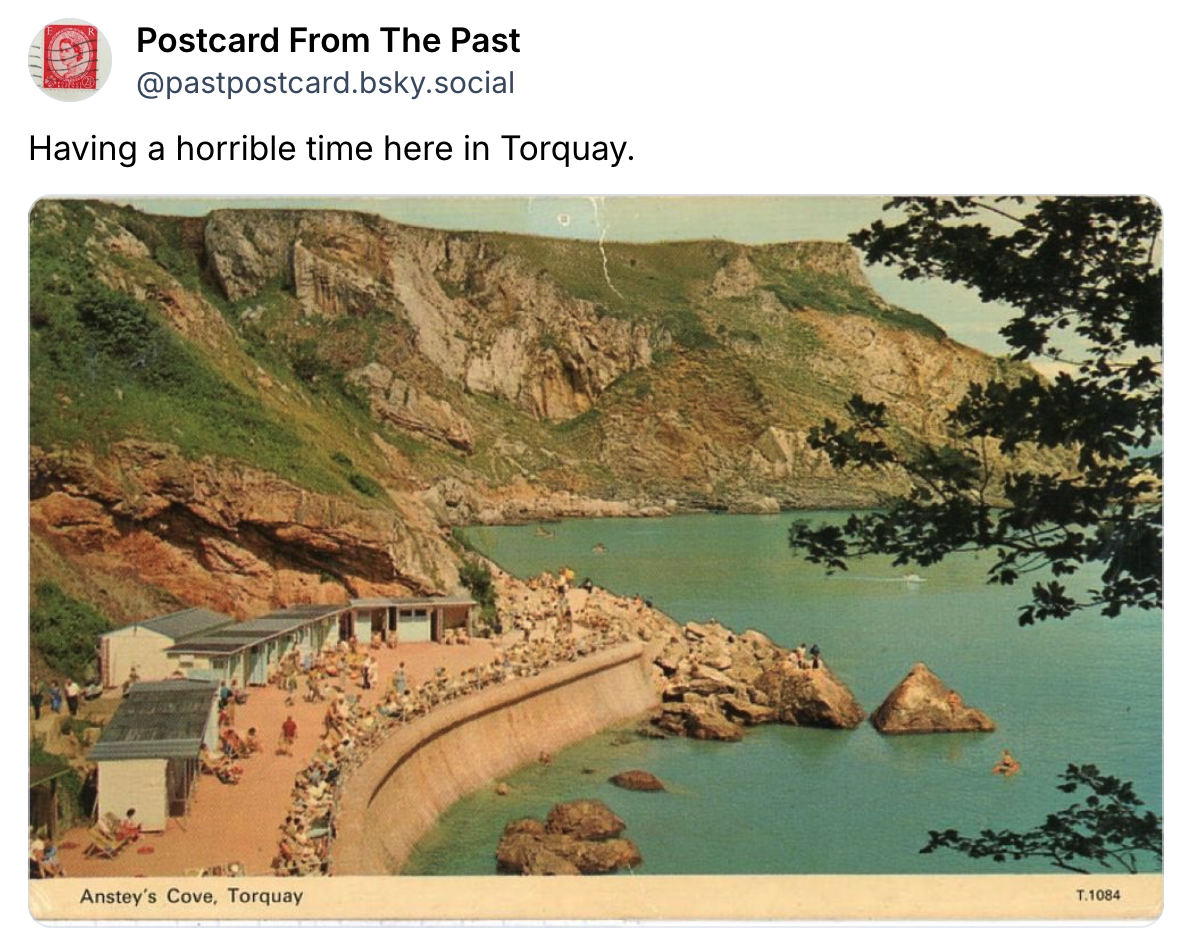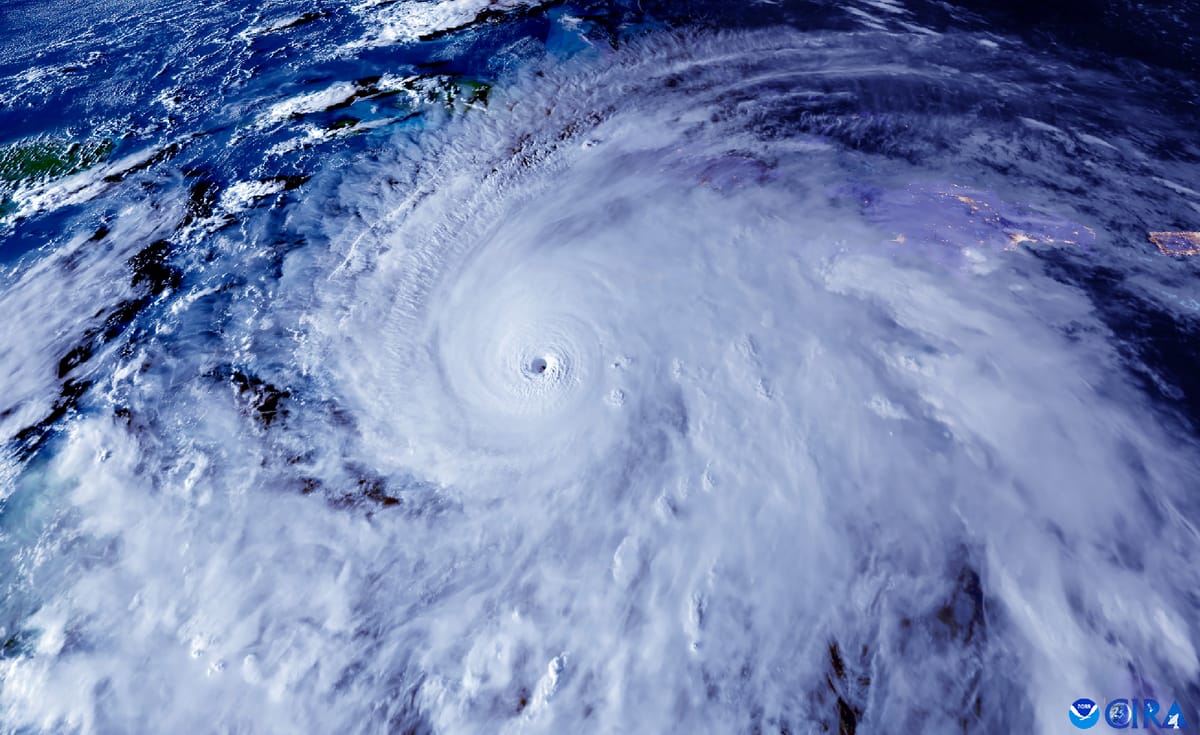I hope you've been enjoying Not-Ship! Hit the reply button and let me know what you think. Is there anything you're dying for me to cover?
💙 Amanda
Switching banks could be one of the most climate-friendly decisions you make.
Global warming is a money game. The worst perpetrators of climate chaos make hella dough. Of the twenty largest companies in the world, six are in the fossil fuel industry. These companies build pipelines, drill for oil and refine fuel — but they’re not doing it alone. Banks around the globe back these projects.
You likely stash your cash at one of them.
Banks with the highest fossil-fuel funding in 2024
This money — your money — is funding some of the top offenders in the fossil-fuel industry. Companies like Enbridge, the Calgary-based firm building crude-oil and natural-gas pipelines across North America, and Saudi Aramco, the world's largest oil producer.
And this bad behavior is getting worse.
Not-Ship helps you make sense of our messy, uncertain world.
Once a week. Right to your inbox.
In 2021, I was in Glasgow reporting from the UN climate conference. Banks were big news. That year, some heavy-hitting financial institutions resolved to 'do better' by forming a global partnership. One key initiative, the Net-Zero Banking Alliance (NZBA), required members to move away from funding sectors with high greenhouse gas emissions. Many of the world's biggest banks signed on. Since then, fossil-fuel financing was on the decline.
But banks have decided they're no longer putting on the brakes. Last year, they dumped $869 billion into the industry, a $162 billion increase over 2023. And then they started to ditch the NZBA. Of the fifteen banks with the highest fossil fuel funding in 2024, all but one left the organization. The one that didn't leave? CITIC. It was never a part of it in the first place.
Last month, the NZBA shut down for good.
American banks were the first to abandon the NZBA
The eco-ignorant actions of these institutions are significant enough that they can increase your own environmental impact.
"If you bank with a U.S. carbon-intensive bank, you may be indirectly lending up to 20–30% of your money to the industries most responsible for fueling the climate crisis," according to a report by Project Drawdown, a non-profit focused on science-backed climate action.
The report found that choosing an environmentally harmful bank can affect your carbon footprint more significantly than air travel, and nearly as much as a meat-friendly diet.
Banks have a greater impact on your annual emissions than air travel
Measured in tonnes of CO2 equivalent per year
Changing banks can make a big difference. Moving $8,000 from a carbon-intensive to a low-carbon bank can mean reducing personal emissions by twice as much as adopting a vegetarian diet.
If you're thinking about shifting your stacks, there are a handful of organizations that can help. Bank for Good and Bank Green list eco-friendly alternatives, and if you're an American, Invest Your Values explores the carbon impact of 401(k) plans.
Banks may be walking away from the environment, but there's nothing stopping you from walking away from your bank.
Didn't see your financial institution in the charts? A ranking of the 65 largest banks can be found at the Banking on Climate Chaos website. Or become a paid subscriber to Not-Ship and get access to the data used in this reporting, including bonus data that didn't make the newsletter!
FROM ELSEWHERE
Here's what I found interesting, important or delightful this week:
"As the shots were fired, Trump pointed to a large display featuring a misleading infographic about U.S. immigration." Researchers at the University of Washington trace the path of an infamous chart and its role as anti-immigrant propaganda.
It's not just the em dash. After analyzing 49,000 chat logs, Jeremy Merrill delves into ChatGPT's language quirks.
"Tanya is sad; her hamster died." A charming Bluesky account shares long-forgotten postcards along with the sometimes-poignant-sometimes-inane messages on their reverse. The lack of context makes them all the better.

MORE NOT-SHIP




Member discussion